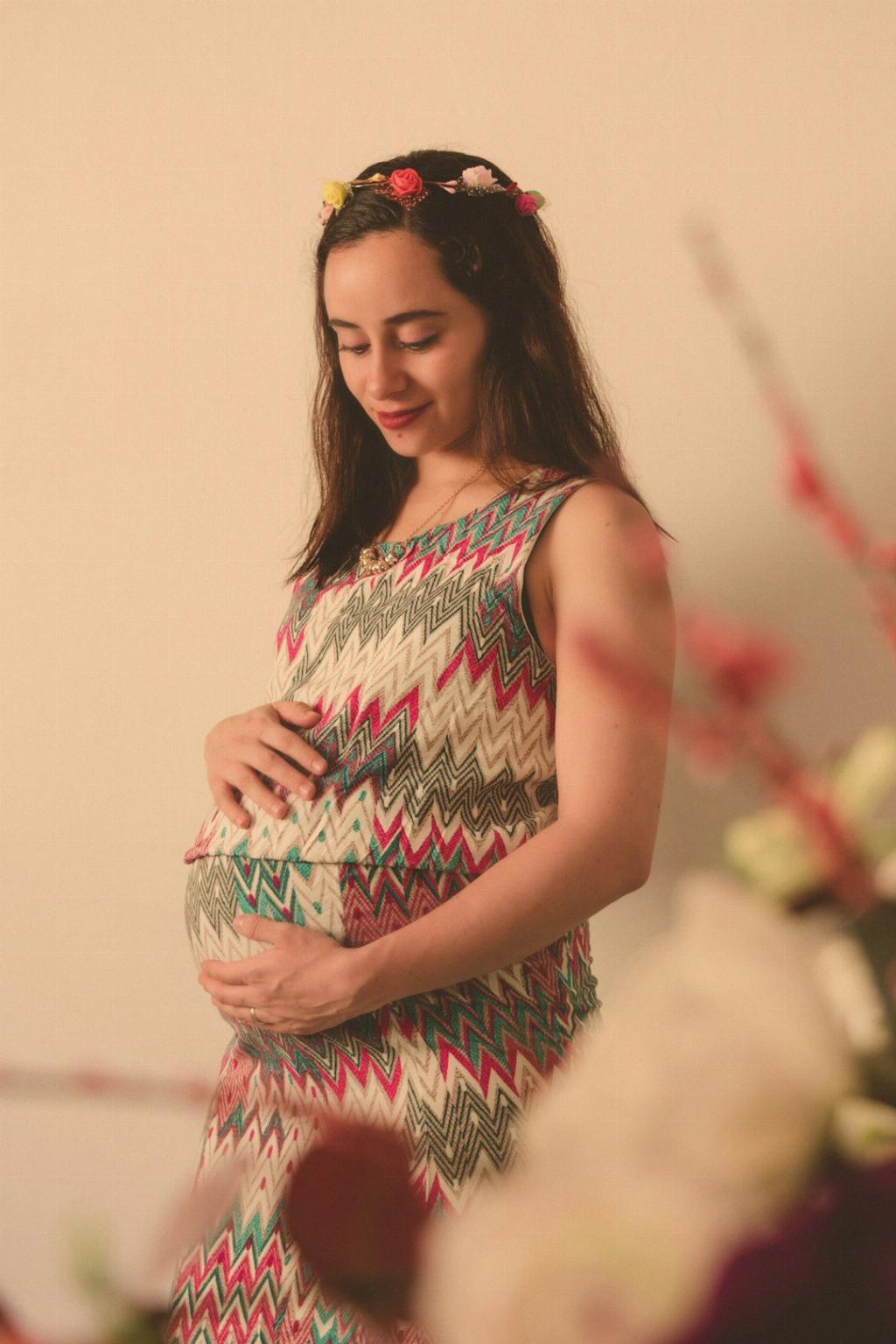Many expectant mothers grapple with the question of whether it is safe to consume coffee during pregnancy, especially in the first trimester. The American College of Obstetricians and Gynecologists (ACOG) recommends that pregnant women limit their caffeine intake to less than 200 mg per day, which is roughly equivalent to one coffee. So, is it safe to have one coffee a day during the first trimester?
When it comes to consuming coffee during pregnancy, it’s essential to consider the potential risks and benefits. While moderate caffeine consumption is generally considered safe, excessive intake can have adverse effects on both the mother and the developing fetus. It is crucial to strike a balance and be mindful of how much caffeine you are consuming daily.
One of the main concerns with consuming caffeine during pregnancy is its potential impact on the baby’s growth and development. High levels of caffeine intake have been associated with an increased risk of low birth weight, preterm birth, and even miscarriage. It’s crucial to be cautious and aware of the amount of caffeine you are consuming to mitigate these risks.
On the flip side, some studies suggest that moderate caffeine consumption may not pose significant risks to the fetus. In fact, some research has indicated that a small amount of caffeine may even have potential benefits, such as improving cognitive function in babies. However, these findings are not conclusive, and it’s essential to err on the side of caution.
It’s also worth noting that caffeine is a stimulant that can pass through the placenta to the developing baby. While adults can metabolize caffeine relatively quickly, a fetus’s metabolism is much slower, meaning they may be more sensitive to its effects. Therefore, it’s crucial to limit caffeine intake during pregnancy to reduce any potential harm to the baby.
Moreover, caffeine can also affect the mother’s body during pregnancy. It is a diuretic, which means it can lead to increased urination and potentially dehydration. Pregnant women are already more prone to dehydration, so monitoring caffeine intake is crucial to maintain proper hydration levels for both the mother and the baby.
Individual tolerance levels for caffeine can vary, so what may be safe for one pregnant woman could be problematic for another. Factors such as metabolism, overall health, and existing medical conditions can all influence how caffeine affects an individual. It’s essential to listen to your body and consult with your healthcare provider to determine what is safe for you.
While one coffee a day may fall within the recommended caffeine intake guidelines set by ACOG, it’s essential to consider other potential sources of caffeine in your diet. Caffeine is not only found in coffee but also in tea, chocolate, and certain medications. Be mindful of your overall caffeine consumption to ensure you are not exceeding the recommended limits.
Ultimately, the decision to consume caffeine during pregnancy is a personal one that should be made in consultation with your healthcare provider. They can provide personalized recommendations based on your unique situation and help you navigate the potential risks and benefits of caffeine intake during pregnancy. Remember, the health and well-being of both you and your baby are of the utmost importance.
In conclusion, while one coffee a day may be considered okay in the first trimester according to ACOG guidelines, it’s crucial to approach caffeine consumption during pregnancy with caution. Balance is key, and being mindful of your overall intake and listening to your body are essential practices to ensure a healthy pregnancy. Consult with your healthcare provider to make informed decisions that prioritize the well-being of both you and your baby.

